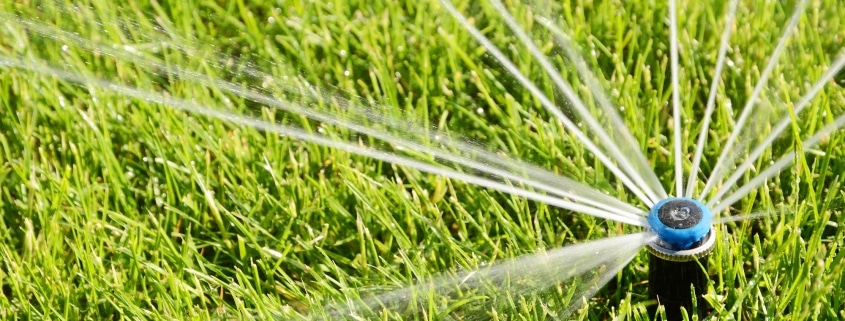Creative Water Conservation Methods for Residential Landscapes
In the evolving landscape of residential gardening, water conservation has become a critical component. As more regions face water scarcity, homeowners are increasingly seeking innovative ways to reduce their water usage while maintaining vibrant and healthy landscapes. In Dallas, TX, where temperatures can soar and rain can be unpredictable, employing effective water conservation techniques is not only environmentally responsible but also essential for sustainable landscaping.
Understanding the Basics of Water Conservation in Landscaping
Water conservation in landscaping involves strategies aimed at reducing waste, optimizing water usage, and implementing sustainable practices that contribute to the longevity and resilience of your garden. This involves everything from the design of the landscape to the choice of plants and the irrigation methods used.
Efficient Irrigation Systems
Drip Irrigation: One of the most efficient watering systems, drip irrigation delivers water directly to the roots of plants, where it’s needed most. This method minimizes evaporation and runoff, making it ideal for conservation efforts. It’s particularly effective in garden beds, vegetable patches, and around shrubbery.
Smart Irrigation Controllers: Leveraging technology to manage watering schedules can significantly reduce water wastage. Smart controllers adjust watering based on weather conditions, soil moisture, and plant water requirements. These devices can be programmed to water during cooler parts of the day, reducing evaporation, or to skip watering before or after rain.
Soil Management Techniques
Mulching: Applying a layer of mulch around plants not only helps retain moisture in the soil but also suppresses weeds and adds organic matter as it decomposes. Organic mulches, like wood chips or straw, are particularly beneficial as they hold onto moisture and gradually release it back into the soil.
Soil Conditioning: Amending soil with organic matter helps improve its structure, enhancing its ability to retain water. Compost or peat moss can be mixed into the soil to increase water retention without compromising drainage.
Plant Selection and Placement
Native Planting: Choosing native plants is crucial for water conservation. Native species are adapted to the local climate and soil conditions, requiring less water, fertilizer, and pesticides. For Dallas landscapes, consider Texas sage, blue grama grass, or black-eyed Susan, which thrive in the local environment.
Zoning Plants: Grouping plants with similar water needs together can optimize your watering strategy, ensuring that each plant receives just the right amount of water without overwatering others.
Water Harvesting Techniques
Rain Barrels: Installing rain barrels is a simple and effective way to collect and store rainwater from your roof. This water can then be used for irrigation, reducing your reliance on municipal water systems.
Rain Gardens: Creating a rain garden involves forming a small basin in your yard that can catch and filter runoff from roofs, driveways, and other surfaces. Planted with water-loving plants, these gardens not only conserve water but also reduce runoff and water pollution.
Landscaping Design Considerations
Permeable Paving: Instead of traditional concrete or asphalt, consider using permeable paving materials for walkways, patios, and driveways. These materials allow water to filter through and reach the soil, reducing runoff and increasing water infiltration.
Swale Implementation: Constructing swales—shallow, vegetated trenches—can help manage water runoff and channel it back into the earth, recharging groundwater supplies.
Maintaining Your Landscape
Regular maintenance is key to ensuring the efficiency of water conservation methods. Regular checks and repairs of irrigation systems, replenishing mulch, and pruning plants to remove unhealthy segments help maintain the overall health and water efficiency of your landscape.
Ready to transform your landscape into a sustainable oasis? Contact Stewart Lawncare & Landscape at 972-429-1921. Let our expert team help you design, install, and maintain a water-efficient landscape that saves you money and conserves precious resources.



